Is it safe to use HIPS plastic rolls as food packaging boxes?
Food packaging is safe several factors
High Impact Polystyrene (HIPS) is a type of plastic commonly used in food packaging due to its versatility, clarity, and ability to be easily molded or formed into various shapes. However, whether it’s safe for food packaging depends on several factors:
1. Regulatory Approval: In many countries, food packaging materials must meet specific regulatory standards to ensure they are safe for food contact. For instance, in the United States, the Food and Drug Administration (FDA) regulates food contact materials. If the HIPS plastic roll is approved for such use by the relevant regulatory bodies, it can generally be considered safe.
2. Migration of Chemicals: One concern with any plastic used in food packaging is the potential for chemicals to migrate from the packaging into the food. This can happen under certain conditions such as high temperatures or prolonged contact. Manufacturers typically conduct tests to assess the migration of chemicals and ensure they comply with regulatory limits.
3. Intended Use and Conditions: The safety of HIPS plastic for food packaging also depends on the specific application and conditions in which it will be used. For example, HIPS may be safe for packaging dry goods but not suitable for hot foods or acidic foods that could cause faster chemical migration.
4. Quality and Manufacturing Standards: The safety of HIPS plastic also depends on the quality of the material and adherence to manufacturing standards. Reputable manufacturers typically follow strict quality control measures to ensure their products meet safety requirements.
5. Alternatives and Considerations: While HIPS plastic is commonly used in food packaging, there are also alternative materials available such as polyethylene (PE), polypropylene (PP), and polylactic acid (PLA), which may offer different properties or environmental benefits. When choosing packaging materials, it’s essential to consider factors like recyclability, biodegradability, and environmental impact in addition to safety.
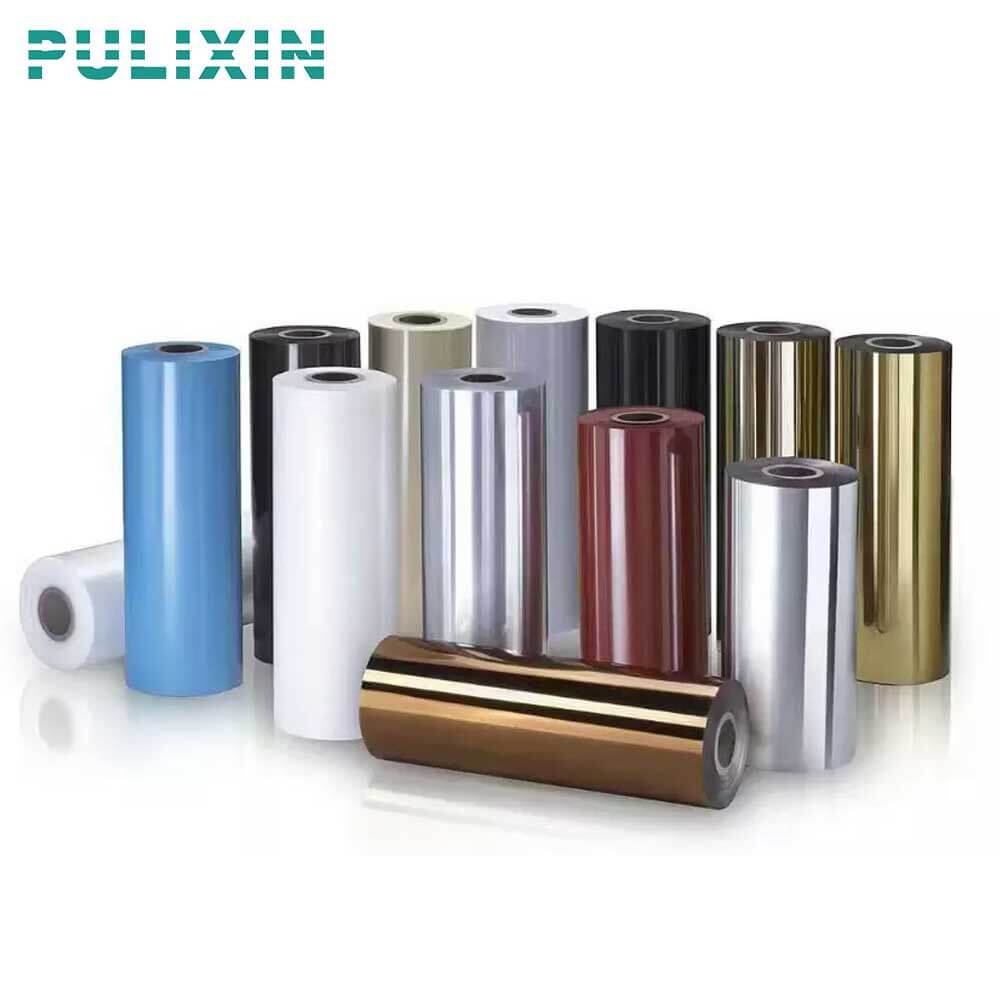
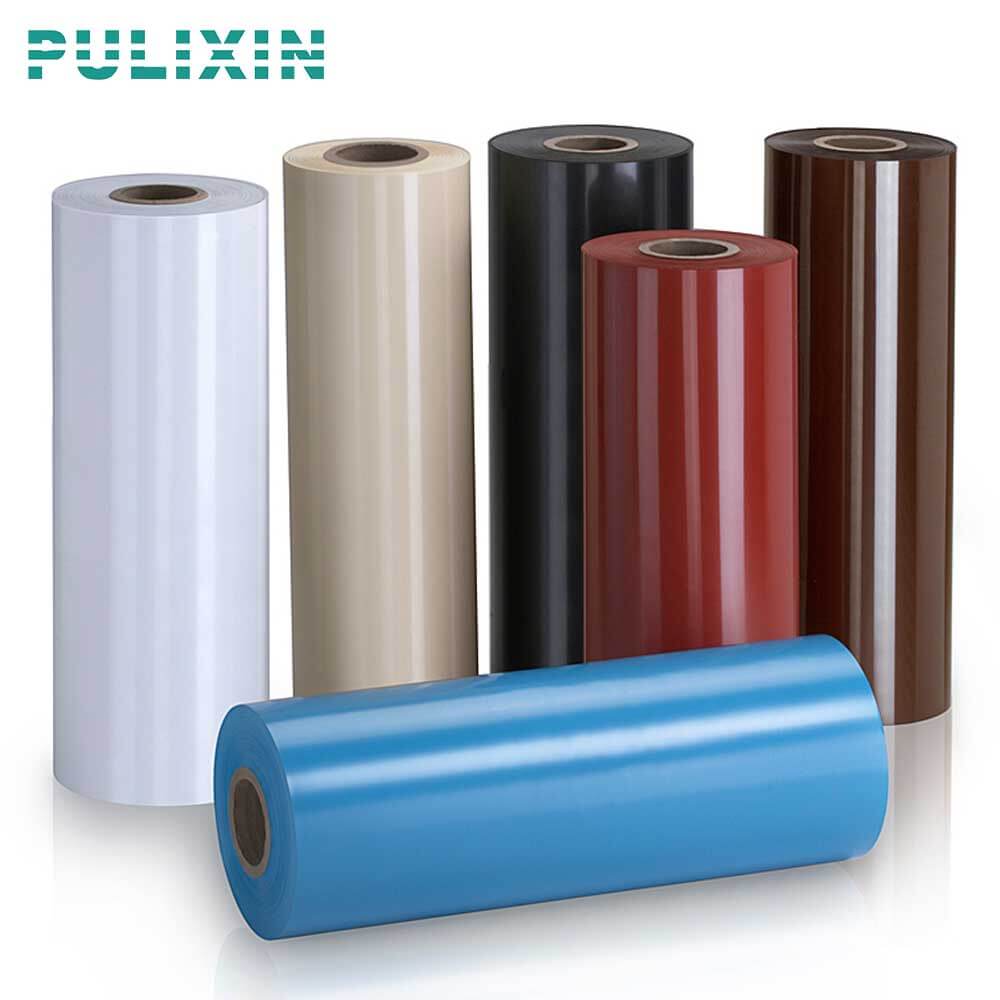
HIPS plastic rolls as a food packaging material advantage
Using High Impact Polystyrene (HIPS) plastic rolls as a food packaging material offers several advantages:
1. Versatility: HIPS plastic can be easily molded or formed into various shapes, making it suitable for a wide range of food packaging applications. It can be thermoformed into trays, clamshells, cups, or lids, providing versatility in packaging design.
2. Impact Resistance: As the name suggests, HIPS plastic has high impact resistance, which helps protect the packaged food from damage during handling, transportation, and storage. This property is valuable for ensuring the integrity of the packaging and preserving the quality of the food inside.
3. Cost-Effectiveness: HIPS plastic is often cost-effective compared to other packaging materials, such as PET (Polyethylene Terephthalate) or PVC (Polyvinyl Chloride). Its affordability makes it an attractive option for businesses looking to minimize packaging costs while maintaining quality and performance.
4. Recyclability: HIPS plastic is recyclable, which means it can be collected, processed, and reused to manufacture new products. Recycling HIPS plastic helps reduce environmental impact and supports sustainability efforts in the packaging industry.
5. Food Safety: When manufactured and used appropriately, HIPS plastic is considered safe for food packaging. It meets regulatory standards for food contact materials and undergoes testing to ensure compliance with safety requirements, providing assurance to consumers about the safety of packaged food products.

HIPS plastic rolls can be safe for food packaging when it meets regulatory standards, undergoes proper testing for chemical migration, and is used appropriately for the intended application.
Introduction of HIPS plastic rolls
High Impact Polystyrene (HIPS) plastic rolls represent a versatile and widely used material in the realm of packaging and beyond. Renowned for its combination of strength, clarity, and adaptability, HIPS plastic has become a staple in numerous industries, particularly in food packaging. Here’s a concise introduction to HIPS plastic rolls:
1. Composition and Properties:
HIPS is a type of thermoplastic polymer derived from styrene monomers. Its composition allows for exceptional toughness and impact resistance, making it an ideal choice for applications requiring durability and strength. Additionally, HIPS plastic exhibits superb clarity and transparency, ensuring that packaged products remain visible and visually appealing.
2. Manufacturing Process:
HIPS plastic rolls are typically produced through an extrusion process, where polystyrene pellets are melted and formed into a continuous sheet. This sheet is then cooled and wound into rolls, ready for further processing or utilization in various applications.
3. Applications:
HIPS plastic rolls find extensive use across diverse industries due to their versatility and favorable properties. In particular, they are prominently employed in food packaging, where their clarity and strength are invaluable for showcasing and protecting food products. HIPS plastic is also utilized in non-food packaging, including electronics packaging, medical packaging, and consumer goods packaging. Additionally, it serves as a material for signage, point-of-purchase displays, and various industrial applications.
Related products
HIPS plastic rolls represent a versatile, durable, and cost-effective solution for packaging needs across multiple industries. The following are the HIPS plastic rolls type that our company can provide you.
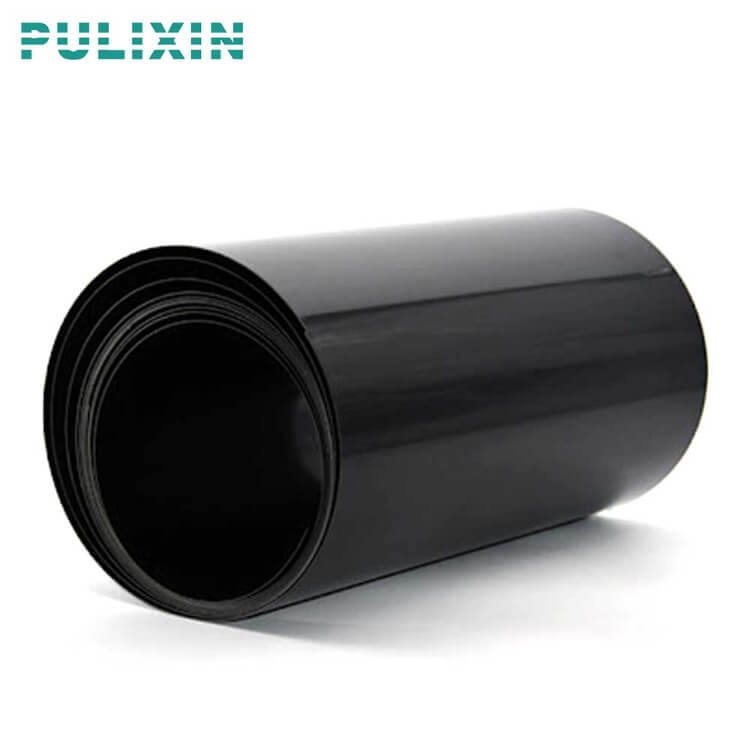
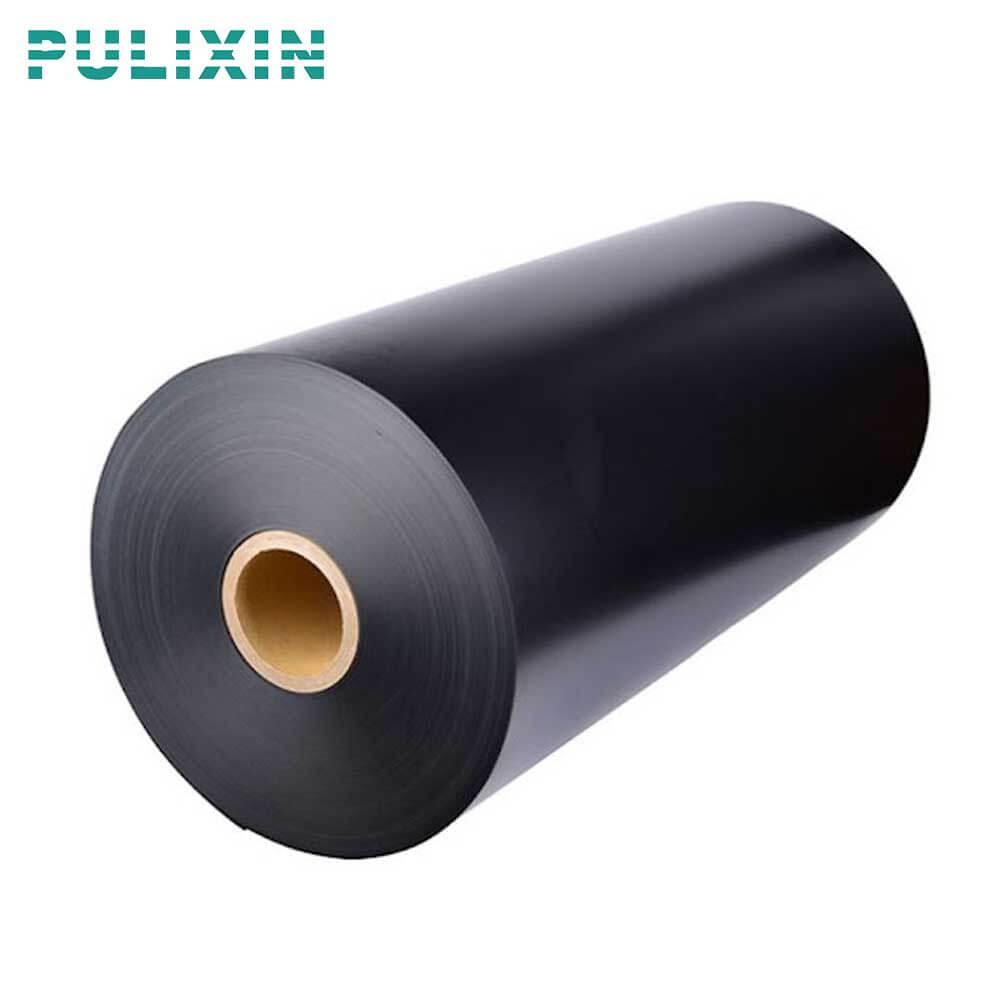
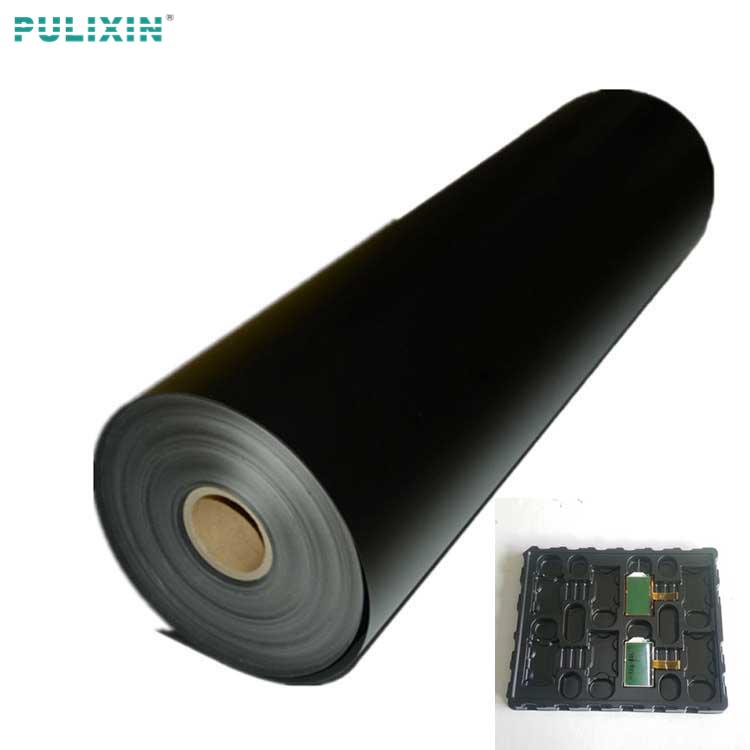
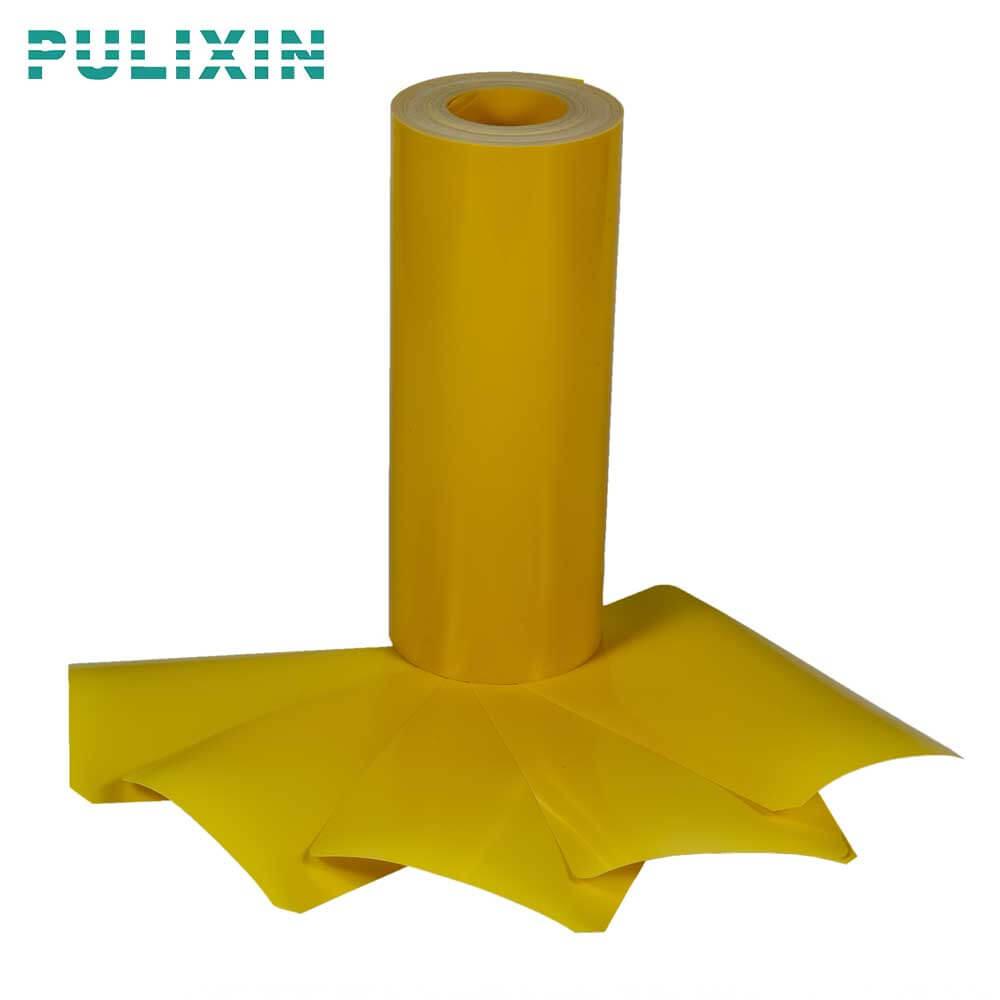
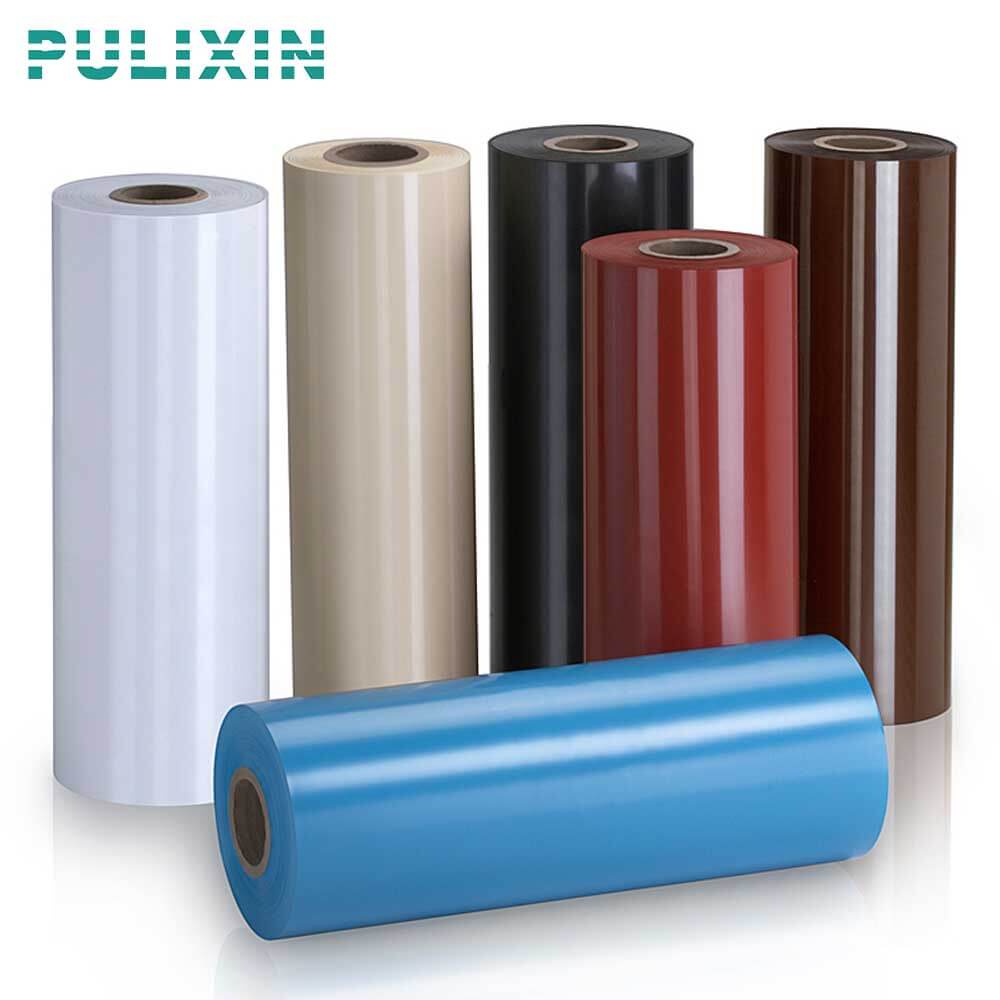
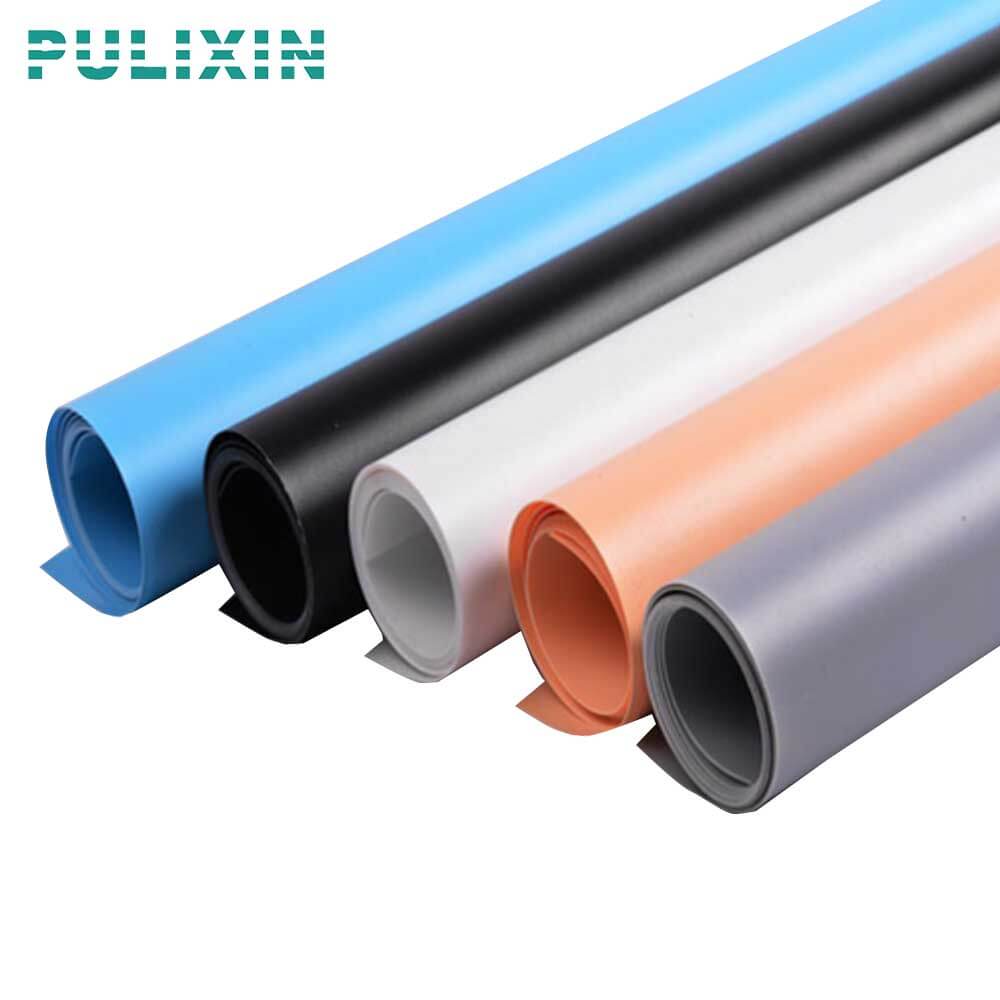
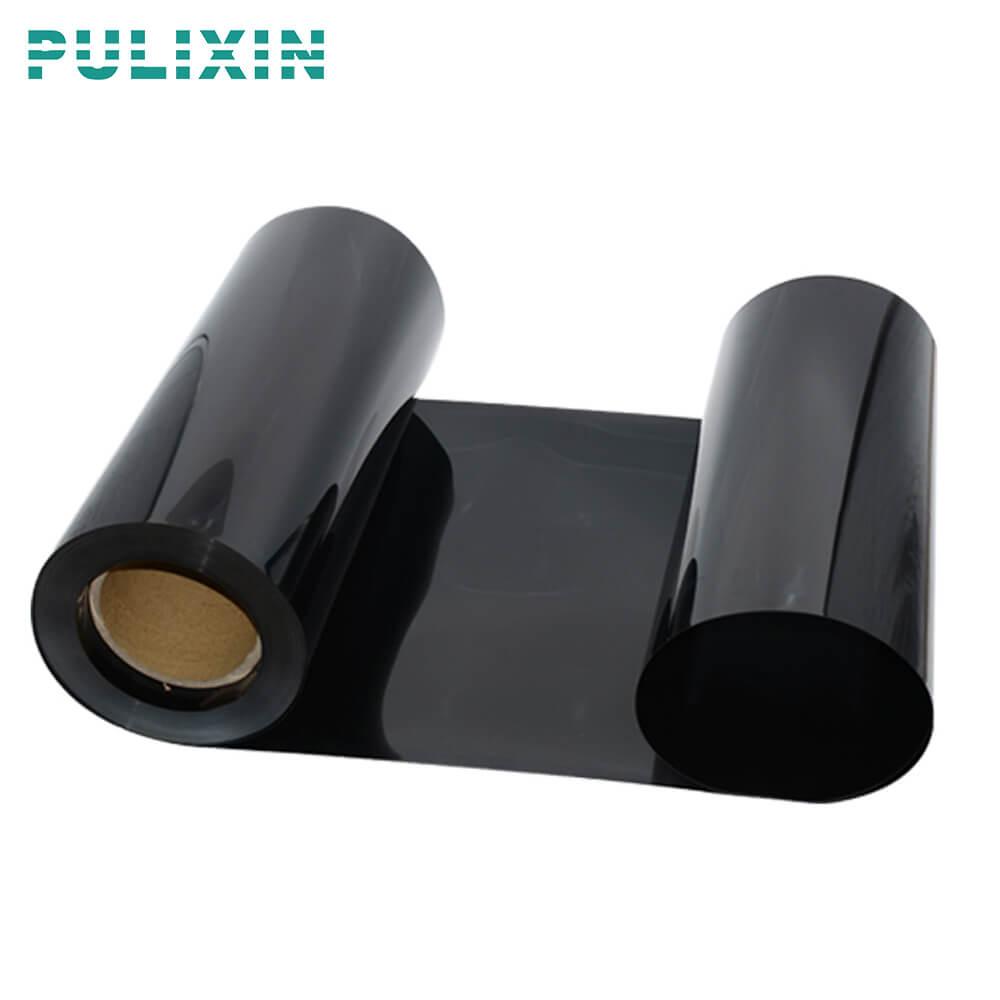
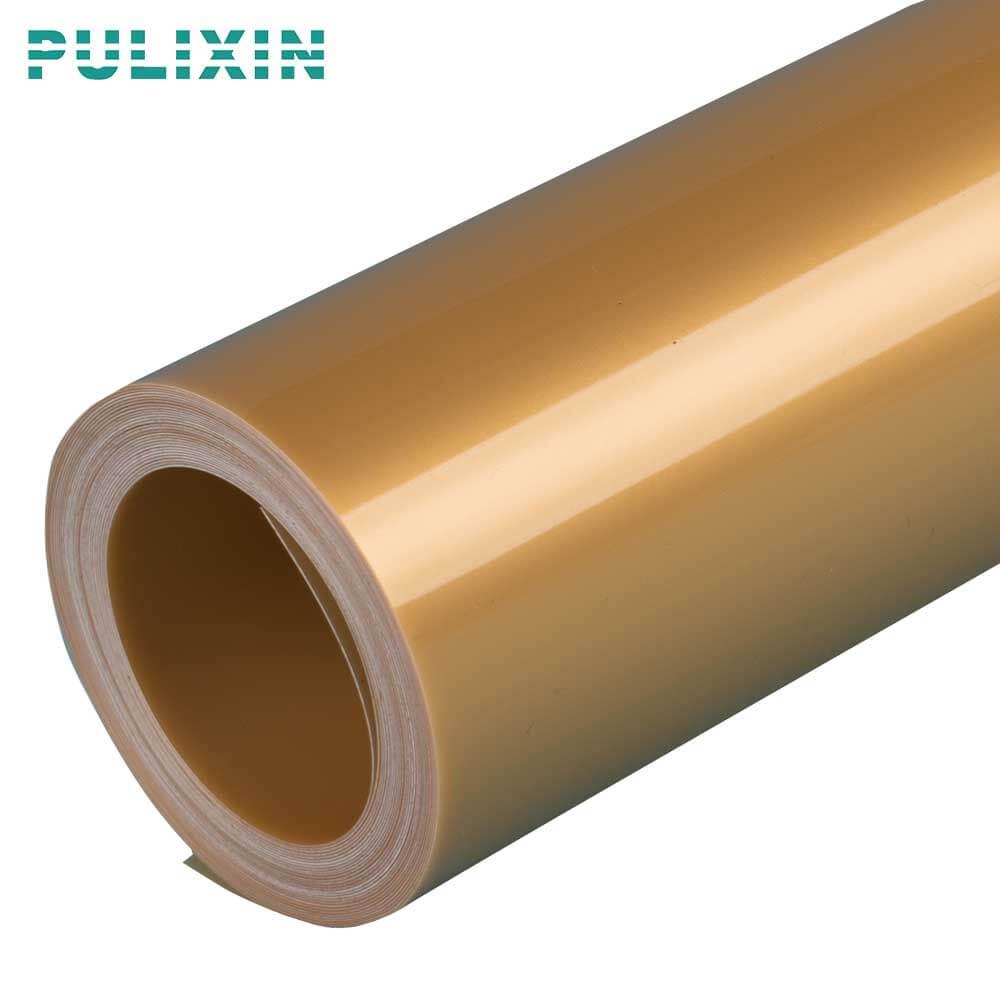
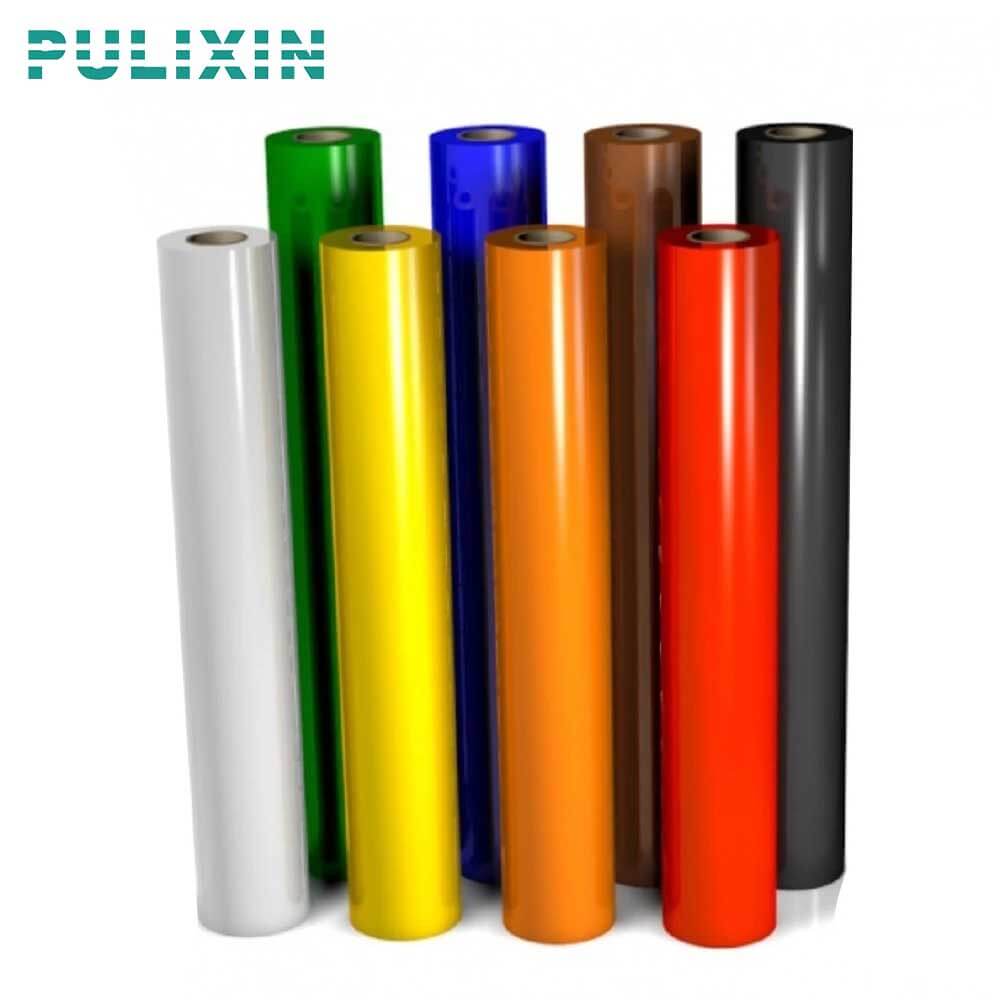
Relative News
- Review of the first day of the 2025 Chinaplas exh…
- Application and unique advantages of light blocki…
- PULIXIN sincerely invites you to visit 2025Chinap…
- Today’s shipment – 20 tons of anti-fr…
- Customer Case: Successful Application of Anti-fre…
- How does the impact resistance of HIPS plastic sh…
- How to choose the appropriate HIPS sheet thicknes…
- Application Cases of PS Plastic Sheets in Thermof…
- Today’s shipment: Antistatic PP plastic she…
- Application Case of Antistatic PP Plastic Sheet &…
